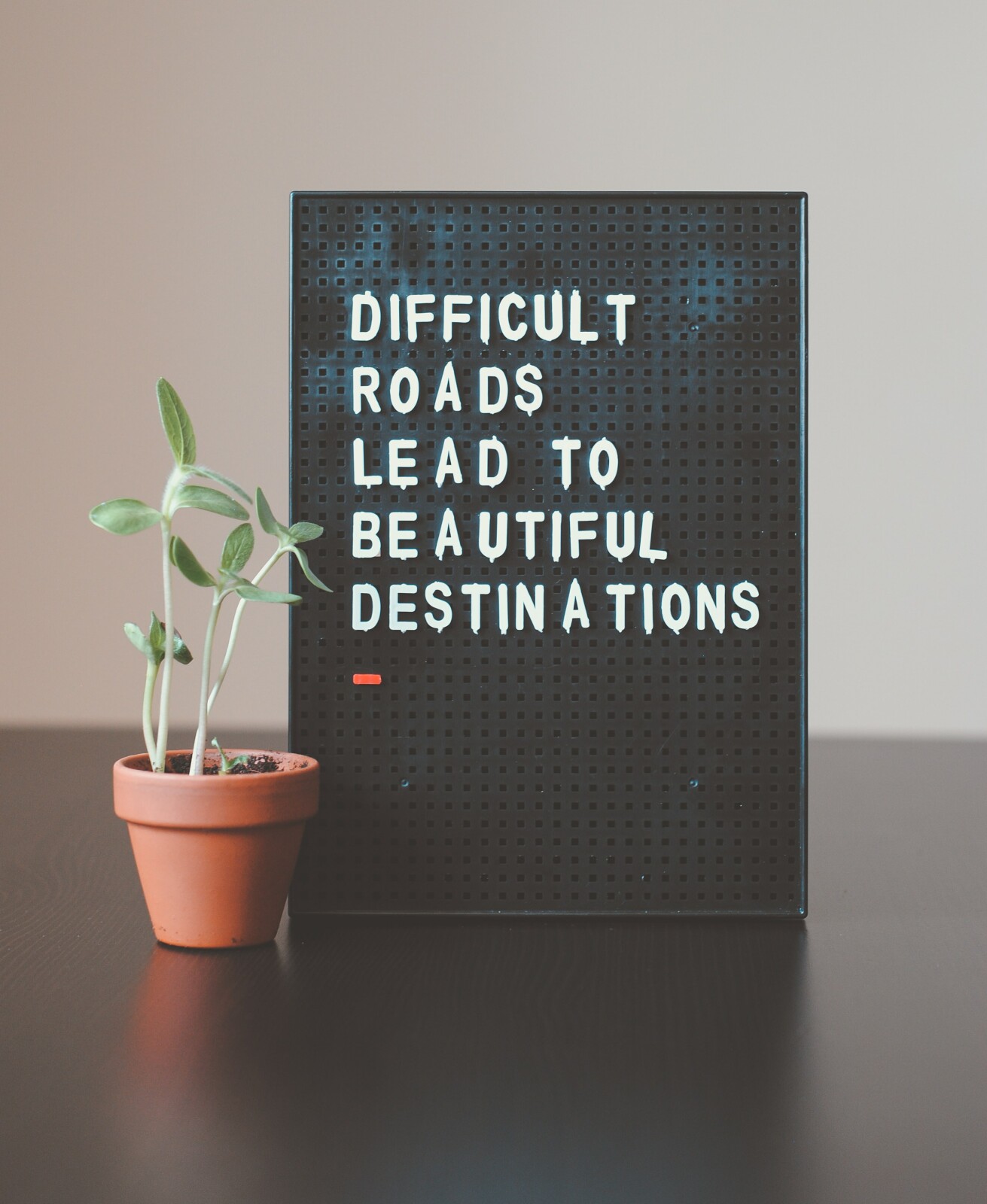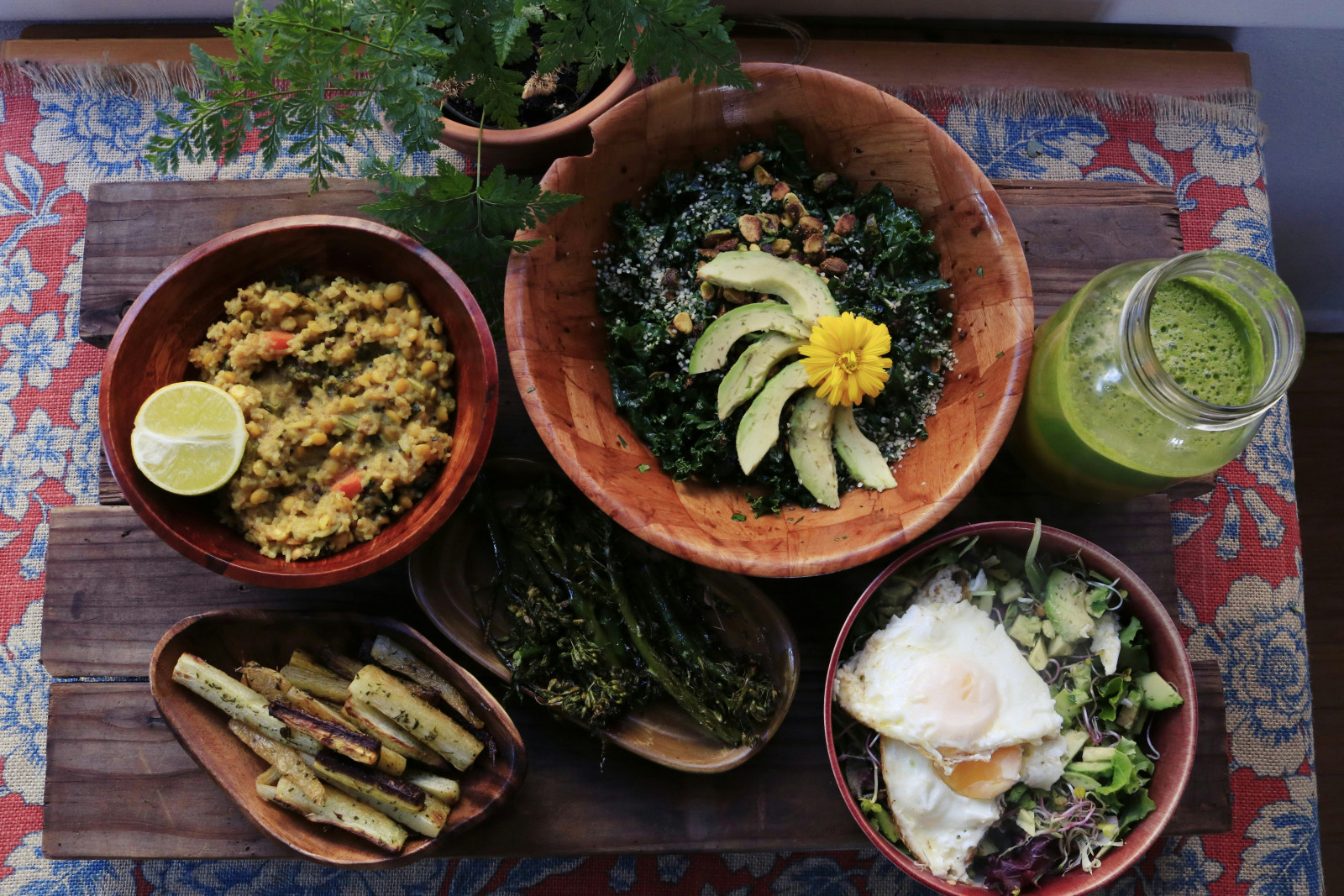
How the Words We Choose Can Affect Our Thoughts and Actions
We all know the saying, "Sticks and stones may break my bones but words will never hurt me." But is that really true? The words we choose can actually have a profound effect on our thoughts and actions. Here's how:
Words affect our mood
The type of words we use can influence our moods. For example, if we constantly use words like "I can't," "I'm not good enough," or " I'll never be able to do that," we're more likely to feel discouraged or defeated. On the other hand, words like "I choose to," "I am capable," or "I will" can empower us and help us stay motivated.
Words affect our physical health
Studies have shown that the way we talk about our physical health can affect how healthy we are. People who describe their physical symptoms in negative terms are more likely to experience more pain and poorer health outcomes than those who describe their symptoms in positive terms. So, instead of saying "I ache all over" or "I feel awful," try saying "I feel better today" or "My symptoms are improving." You may just find that your physical health improves as well!
Words create our reality
The way we talk about ourselves, our experiences, and the world around us creates our reality. If we only ever focus on the negative, that's all we'll ever see. But if we choose to focus on the positive—even when things are tough—we'll start to see more positive things in our lives. It's all about perspective!
The next time you find yourself engaging in negative self-talk or using negative words to describe your experiences, take a step back and ask yourself if those words are really serving you. Chances are, they're not! So try using some more positive—and empowering—words instead. You might just be surprised at how much of a difference they make in your thoughts, emotions, and even your physical health!
Would you like to dive a little deeper into this? Join an encouraging Facebook community of moms who are going from Debilitated to Liberated! Click Here

You know the saying, "Good fences make good neighbors?" The same can be said of setting healthy boundaries in our own lives. Just as a fence delineates property lines and protects our homes, setting boundaries protects our energy, time, and space. When we have clear boundaries, we are better able to show up as our best selves in work, relationships, and everyday life.
But what does it mean to set a boundary, exactly? And how do we do it in a way that is respectful of others and ourselves? Below are four examples of healthy boundaries that you can start implementing today.
1. Establishing Physical Boundaries
Have you ever had someone invade your personal space without asking? Maybe you were standing in line at the grocery store and the person behind you got a little too close for comfort. Or maybe you have a friend who is always hugging you without asking first. While some people are more comfortable with physical touch than others, it's important to establish physical boundaries that feel good for you.
If you don't like being touched without consent, speak up! It's okay to say something like, "I'm not a big fan of hugs, but thank you for thinking of me." Remember, you are not responsible for the other person's reaction or feelings; you are only responsible for communicating your own needs.
2. Saying "No" Without Guilt or Explanation
Saying "no" can be hard, especially when we feel like we need to explain ourselves or justify our decision. But guess what? You don't owe anyone an explanation—you get to decide what works for you! If someone asks you to do something that doesn't align with your values or isn't a good use of your time, it's perfectly acceptable (and encouraged) to say no without Further Comment or Explanation. Full Stop. End of Story.
3. Avoiding Toxic Relationships
We've all been there: caught up in a relationship that just doesn't feel right but struggling to end things because we don't want to hurt the other person's feelings. But continuing on in a toxic relationship—whether it be romantic, platonic, or familial—isn't doing either party any favors. In fact, it might even be causing more harm than good. If a relationship feels abusive (emotionally or otherwise), it's time to set some boundaries and distance yourself from the situation.
4. Prioritizing Your Own Needs
In our fast-paced world, it's easy to get caught up in taking care of everyone else and forgetting about our own needs. But if we don't take care of ourselves first, we will quickly become depleted and won't be able to show up as our best selves for others. Make sure to schedule regular check-ins with yourself so that you can identify your own needs and find ways to meet them—whatever they may be! And remember, it's okay to put yourself first sometimes; you deserve it!
Setting healthy boundaries is essential for protecting our energy, time, and space. By saying "no" without guilt or explanation, establishing physical boundaries, avoiding toxic relationships, and prioritizing our own needs, we can create lives that feel more balanced and authentic. What boundary will you set today?
Would you like to dive a little deeper into this? Join an encouraging Facebook community of moms who are going from Debilitated to Liberated! Click Here

Let's talk about colors and their vibrations! I know it may sound like a bit of fluff, but stay with me; this stuff is important. Did you know that the colors you surround yourself with can have an effect on your mood and your overall health? It's true! So, if you're someone who suffers from migraines or other chronic health issues, it might be worth considering switching up your color palette.
The Impact of Color on Your Mood and Health
Just like different sounds and smells can affect our moods, so too can color. In fact, studies have shown that certain colors can have a calming effect while others can increase feelings of anxiety or agitation. And while we might not always be consciously aware of the role color plays in our lives, make no mistake—it does have an impact.
For example, think about the last time you walked into a room that was painted an unappealing shade of brown or beige. How did it make you feel? Chances are, not too great. Now, imagine walking into a room that's painted a cheerful shade of yellow. It's probably a lot more inviting, right? This is just one small example of how color can affect our mood and wellbeing.
Of course, the impact of color doesn't stop at our moods; it extends to our physical health as well. For instance, people who suffer from migraines or other chronic headaches often find that certain colors trigger their symptoms. This is why it's so important for people with these conditions to pay attention to the colors they surround themselves with on a daily basis.
So, Which Colors Are the Most Vibrant?
If you're looking to surround yourself with high-vibration colors, you really can't go wrong with any of the primary colors: red, blue, and yellow. These colors are associated with feelings of happiness and vitality—exactly the sort of thing we could all use a little more of in our lives!
And while we're on the subject of high-vibration colors, I should mention that black isn't one of them. In fact, black is actually associated with negative vibrations like sadness and anger. So if you're looking to surround yourself with good vibes only, you might want to steer clear of this color.
Next time you're feeling low or experiencing chronic health issues, take a look around you and see what sort of colors are dominating your environment. If it's mostly blacks and grays, it might be time to switch things up! Introduce some brighter hues into your life and see how it makes you feel. Trust me—you (and your health) will be glad you did!
Would you like to dive a little deeper into this? Join an encouraging Facebook community of moms who are going from Debilitated to Liberated! Click Here

A recent study found that people who eat home cooked meals more than five times a week are 47% more likely to still be alive 10 years later. But that’s not all - they also reported having lower rates of depression, higher levels of self-esteem, and were more likely to have close relationships with their friends and family.
So, what is it about home cooked meals that make them so much healthier for us? Let’s take a closer look.
The Benefits of Home Cooked Meals
There are a number of benefits to eating home cooked meals, including:
You Know What’s in Your Food
When you cook at home, you know exactly what ingredients are going into your food. This gives you control over the quality and healthfulness of your meals. For example, you can choose to use healthy oils like olive oil instead of unhealthy ones like vegetable oil. You can also control the amount of salt, sugar, and other spices that go into your food. This is important because many processed and restaurant foods contain high amounts of sodium, sugar, and other unhealthy ingredients.
You Can Save Money
Eating out or ordering in can be expensive, especially if you do it frequently. Cooking at home is typically much cheaper than eating out or ordering in. And, since you’re in control of the ingredients, you can save even more money by buying in bulk or using coupons.
You Can Eat Healthier Meals
When you cook at home, you can choose healthy recipes that fit your dietary needs and preferences. For example, if you’re trying to eat more vegetables, you can find recipes that incorporate lots of veggies into delicious and satisfying dishes. You can also find recipes that are low in calories, fat, or carbs if you’re watching your weight. And, if you have food allergies or intolerances, cooking at home allows you to avoid trigger foods altogether.
There are a number of benefits to eating home cooked meals – from saving money to eating healthier to knowing exactly what’s in your food. So next time you’re debating whether to cook or order out, remember the advantages of cooking at home and choose the healthier option!
Would you like to dive a little deeper into this? Join an encouraging Facebook community of moms who are going from Debilitated to Liberated! Click Here

If you're like most people, you probably find it difficult to say "no." Whether it's out of fear of disappointing others or simply because we don't want to rock the boat, most of us have a hard time setting boundaries. But what happens when you do set boundaries? Is it really as bad as we think it will be?
The first thing that happens when you set boundaries is that you start to get a better idea of who you are and what you want. When you're constantly saying "yes" to other people, it's easy to lose sight of your own needs and desires. But when you start setting boundaries, you're forced to take a step back and ask yourself what it is that you really want. And that can be a very empowering experience.
The second thing that happens when you set boundaries is that people begin to respect you more. When you start saying "no" to things that don't align with your values and needs, people will sit up and take notice. They'll see that you're not a pushover and that you know how to stand up for yourself. And that kind of respect is invaluable.
The third thing that happens when you set boundaries is that you begin to attract healthier relationships into your life. When you start setting boundaries, you'll find that the relationships in your life gradually become more healthy and supportive. This is because healthy relationships are built on mutual respect and understanding, two things that are forged by setting strong boundaries.
Setting boundaries may not always be easy, but it's definitely worth it. When you start setting boundaries, you'll find yourself becoming more aware of who you are and what you want. You'll also gain the respect of those around you and attract healthier relationships into your life. So go ahead and give it a try—you just might be surprised at the results!
Would you like to dive a little deeper into this? Join an encouraging Facebook community of moms who are going from Debilitated to Liberated! Click Here












